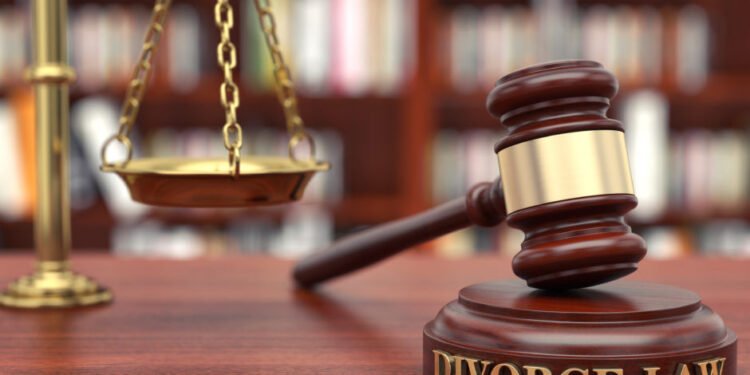Navigating life after a divorce can be complex, especially when enforcing the terms outlined in your divorce decree. Whether it involves alimony, child support, custody arrangements, or the division of assets, ensuring compliance from both parties can often lead to disputes and legal challenges. This article explores how a skilled divorce attorney can be instrumental in enforcing your divorce decree. From understanding your legal rights to taking decisive action against non-compliance, learn how professional legal support can help you uphold the agreements made and secure the stability you and your family need moving forward.
A Fort Worth divorce attorney can help ensure your ex complies by filing motions to enforce the decree. If your ex still doesn’t cooperate, the court can hold them in contempt, which could mean fines or jail time. You have rights, so don’t let your ex trample all over them. Read on to learn how an experienced divorce attorney can stand up for you and ensure your ex respects the court’s rulings.
When You May Need a Divorce Attorney to Enforce Your Decree
Your divorce decree is a legally binding document that outlines all the details of your divorce settlement. You must understand exactly what it says so you know your rights and responsibilities.
Custody and Visitation
The decree will specify the custody arrangement for any children involved, like whether you have joint or sole custody. It will outline a visitation schedule detailing when each parent spends time with the kids. Make sure you follow this schedule to avoid legal issues down the road.
Division of Assets
The decree will specify how all assets, like your home, vehicles, financial accounts, and personal property, will be divided. It will state which spouse maintains ownership and responsibility for each item. Some assets must be sold or refinanced in one spouse’s name. Be sure you follow through with any required actions on your end.
Spousal and Child Support
The decree will specify any spousal or child support for which one spouse must pay the other. It will state the amount and schedule of payments. Failure to pay can result in legal consequences, so if you’re receiving or paying support, make payments on time and in full each month.
Changes to Legal Documents
The decree may require changes to important legal documents like wills, life insurance policies, and beneficiary designations. Make any necessary updates to reflect your new marital status and support obligations. Failure to do so can create issues later on.
Following your divorce decree is essential to avoiding future conflict and legal troubles. Be sure you fully understand its terms and take action on any required next steps. While the process may be difficult, adhering to the decree will help provide stability and closure.
How a Divorce Attorney Can Help Enforce Your Rights
Once the judge signs your final divorce decree, you probably sigh with relief that the legal process is over. However, there are times when you may need to call your divorce attorney again to enforce the terms of your decree.
You must take action if your ex isn’t paying court-ordered child support or alimony. If necessary, your attorney can file a motion to compel payment and request wage garnishment. No one should have to chase down the money they are owed by law.
What if your ex is denying you court-ordered visitation or custody rights? Again, call your attorney immediately. They can file an emergency motion to enforce the decree so you aren’t cut off from your children.
In some cases, an ex may try to modify major terms of the decree, like wanting to move out of state with the kids or change a custody schedule. Your attorney can contest inappropriate requests to modify and ensure any changes are in the best interest of your children.
Even years after a divorce is final, issues that require legal intervention can crop up. Don’t hesitate to contact your divorce attorney to enforce or defend the terms of your decree. You have rights, and your attorney is there to protect them. After all you went through to obtain your decree, you deserve to feel confident in its terms.
Conclusion
Effectively enforcing a divorce decree is essential to maintaining the agreements made during the divorce process and ensuring both parties adhere to their obligations. A skilled divorce attorney can provide crucial support when dealing with non-compliance in alimony, child support, custody arrangements, or asset division. By understanding your legal rights and utilizing the court system when necessary, a divorce attorney can help you manage post-divorce disputes and enforce the decree. If you struggle to uphold the terms set by the court, don’t hesitate to seek legal assistance to protect your rights and the well-being of your family.












